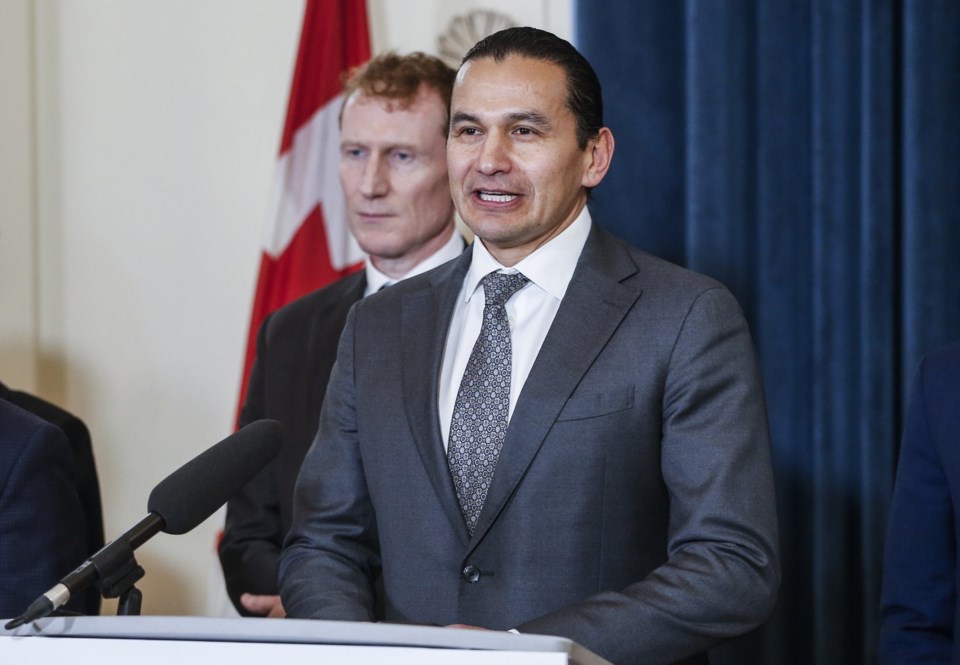Times of San Diego will send you the top local and state news at 8 a.m., 365 days a year, plus alert you to major breaking news.
By clicking sign up, you agree to our terms . Trauma, such as experiencing a wildfire, can have lingering impacts on decision-making, according to a UC San Diego study published Wednesday. Researchers dubbed the condition “climate trauma.

” The study indicates that wildfire survivors have difficulty making decisions prioritizing long-term benefits long after the danger has ended. The researchers focused on survivors of the 2018 Camp Fire that raged in Butte County. It remains the deadliest and most destructive wildfire in California’s recorded history.
Their work though could have broad impact as wildfires become more frequent across the west, impacting the physical and mental health of thousands. In January, the devastating Palisades and Eaton fires in Los Angeles County and the smaller back-country Border 2 Fire in the South Bay again served as reminders of the danger. “Our previous research has shown that survivors of California’s 2018 Camp Fire experience prolonged symptoms of post-traumatic stress disorder, anxiety and depression alongside hyper-distractibility,” said Jyoti Mishra , the study’s senior author and an associate professor at UCSD’s School of Medicine.
“This new study suggests that climate trauma may also impact important cognitive abilities of decision-making and underlying brain function,” added Mishra, who also serves as co-director of the University of California Climate Resilience Initiative. The research was published in Wednesday’s Scientific Reports , part of the Nature portfolio of journals. Researchers found that wildfire survivors were “significantly less likely to stick with choices that offered long-term rewards,” a behavior they tracked with a choice metric known as “Win-Stay.
” All participants completed a decision-making task with monetary rewards while undergoing electroencephalogram brain recordings. Researchers evaluated their Win-Stay behavior, measuring how often they continued selecting the option with the highest long-term rewards. Times of San Diego is devoted to producing timely, comprehensive news about San Diego County.
Your donation helps keep our work free-to-read, funds reporters who cover local issues and allows us to write stories that hold public officials accountable. Join the growing list of donors investing in our community's long-term future. According to the brain scans of the 75 study participants – 27 directly impacted by the Camp Fire, 21 indirectly exposed and 27 not exposed to the fire – heightened activity was found in a region of the brain associated with deep thought.
“It was clear that brains of study participants directly exposed to wildfires – as opposed to those not exposed – became significantly hyper-aroused when trying to make proper decision choices but they were still unable to execute the task well,” said Jason Nan, a UCSD bioengineering graduate student and credited author of the study. “We interpret this to mean that their brain was attempting to focus on making sound decisions, but they were unable to.” According to the researchers, understanding how “climate trauma” can affect decision-making could lead to new tools and treatments for those experiencing it.
“One potential intervention is mindfulness and compassion training, which has shown promise in suppressing ruminating thoughts and thereby, mitigating the effects of trauma,” according to a statement from UCSD. Get Our Free Daily Email Newsletter Get the latest local and California news from Times of San Diego delivered to your inbox at 8 a.m.
daily. Sign up for our free email newsletter and be fully informed of the most important developments. Sign Up (adsbygoogle = window.
adsbygoogle || []).push({}); (adsbygoogle = window.adsbygoogle || []).
push({});.
Health

Study: Trauma suffered by wildfire survivors has unexpected long-term impacts

Certain trauma, such as experiencing a wildfire, can have lingering impacts, according to a UC San Diego study published Wednesday.














